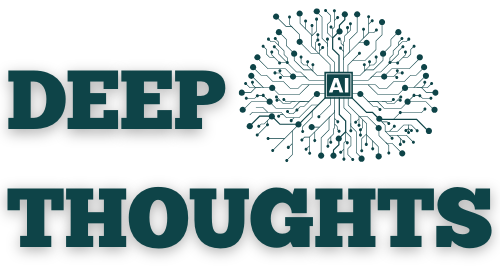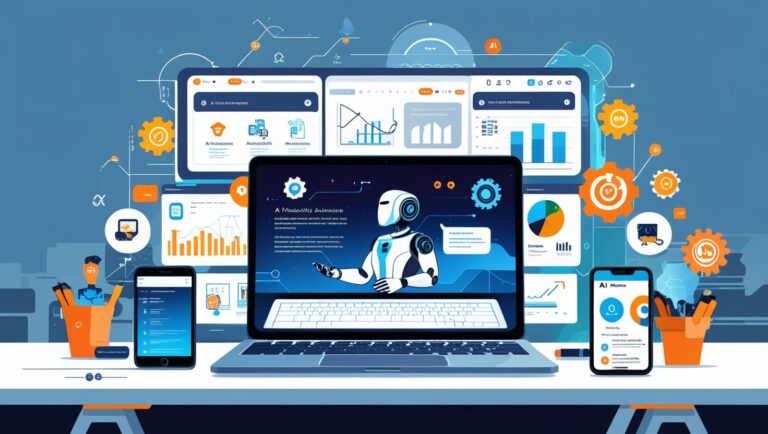AI Coding and Development
Artificial Intelligence (AI) is revolutionizing the way software is developed, making coding faster, more efficient, and accessible to a broader audience. From AI-powered code completion to automated debugging, AI is reshaping the development landscape. Here’s a comprehensive look at how AI is impacting coding and development, along with resources to dive deeper.
1. AI-Powered Code Completion
AI tools like GitHub Copilot and Tabnine use machine learning models to suggest code snippets, functions, and even entire blocks of code in real-time. These tools are trained on vast repositories of code, enabling them to provide context-aware suggestions that speed up development.
- GitHub Copilot: GitHub Copilot Official Website
- Tabnine: Tabnine Official Website
2. Automated Debugging and Error Detection
AI is helping developers identify and fix bugs more efficiently. Tools like DeepCode and Sentry use AI to analyze code and detect potential errors, security vulnerabilities, and performance issues before they become critical problems.
- DeepCode: DeepCode Official Website
- Sentry: Sentry Official Website
3. AI in Code Refactoring
Refactoring code is a time-consuming but essential part of software development. AI tools like CodeGuru by AWS and SonarQube automate the process of improving code quality by identifying redundant code, optimizing performance, and ensuring best practices.
- AWS CodeGuru: AWS CodeGuru Official Website
- SonarQube: SonarQube Official Website
4. AI for Low-Code and No-Code Development
AI is democratizing software development by enabling non-programmers to create applications through low-code and no-code platforms. Tools like OutSystems, Bubble, and Appian use AI to simplify app development, allowing users to drag-and-drop components and automate workflows.
- OutSystems: OutSystems Official Website
- Bubble: Bubble Official Website
- Appian: Appian Official Website
5. AI in Testing and Quality Assurance
AI is transforming software testing by automating test case generation, execution, and analysis. Tools like Testim and Functionize use AI to create intelligent test scripts that adapt to changes in the application, reducing the need for manual testing.
- Testim: Testim Official Website
- Functionize: Functionize Official Website
6. AI for Natural Language Programming
AI is enabling developers to write code using natural language. Tools like OpenAI’s Codex and Kite allow developers to describe what they want to achieve in plain English, and the AI generates the corresponding code.
- OpenAI Codex: OpenAI Codex Blog
- Kite: Kite Official Website
7. AI in DevOps and CI/CD
AI is streamlining DevOps practices by optimizing continuous integration and continuous deployment (CI/CD) pipelines. Tools like Harness and CircleCI use AI to predict build failures, optimize resource allocation, and automate deployment processes.
- Harness: Harness Official Website
- CircleCI: CircleCI Official Website
8. Ethical Considerations
While AI offers immense benefits, it also raises ethical concerns. Issues like bias in AI models, over-reliance on automation, and the potential for job displacement in the development industry are important topics to address.
- AI Ethics in Software Development: Ethics of AI in Tech
Conclusion
AI is transforming coding and development, making it faster, more efficient, and accessible to a wider audience. From code completion to automated testing and natural language programming, AI is reshaping how software is created. As the technology continues to evolve, it will be exciting to see how it further integrates into the development process.
Further Reading
Ethics of AI in Development: Wired on AI and Coding
AI in Coding: Top AI Tools for Developers in 2023
AI and DevOps: How AI is Changing DevOps







